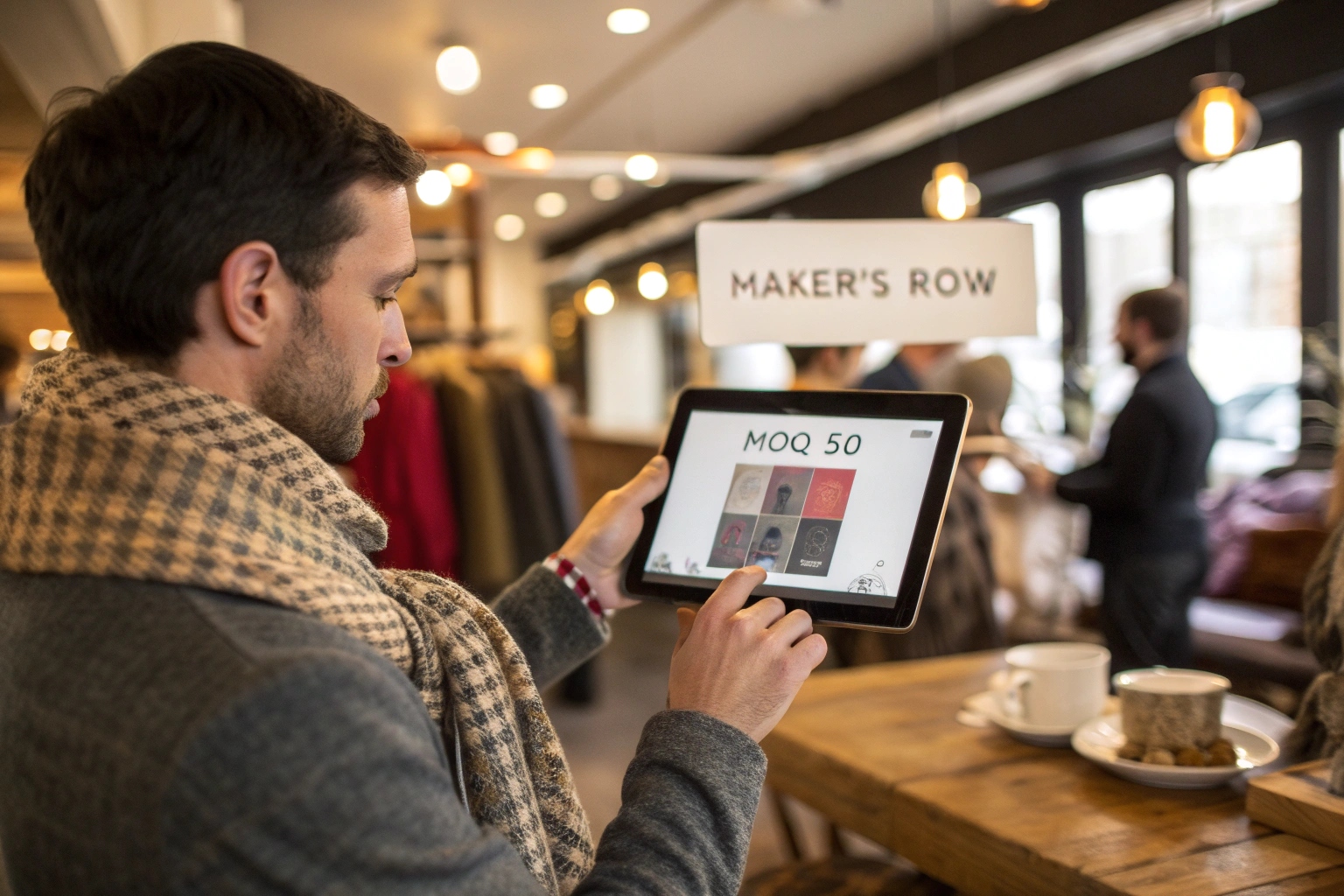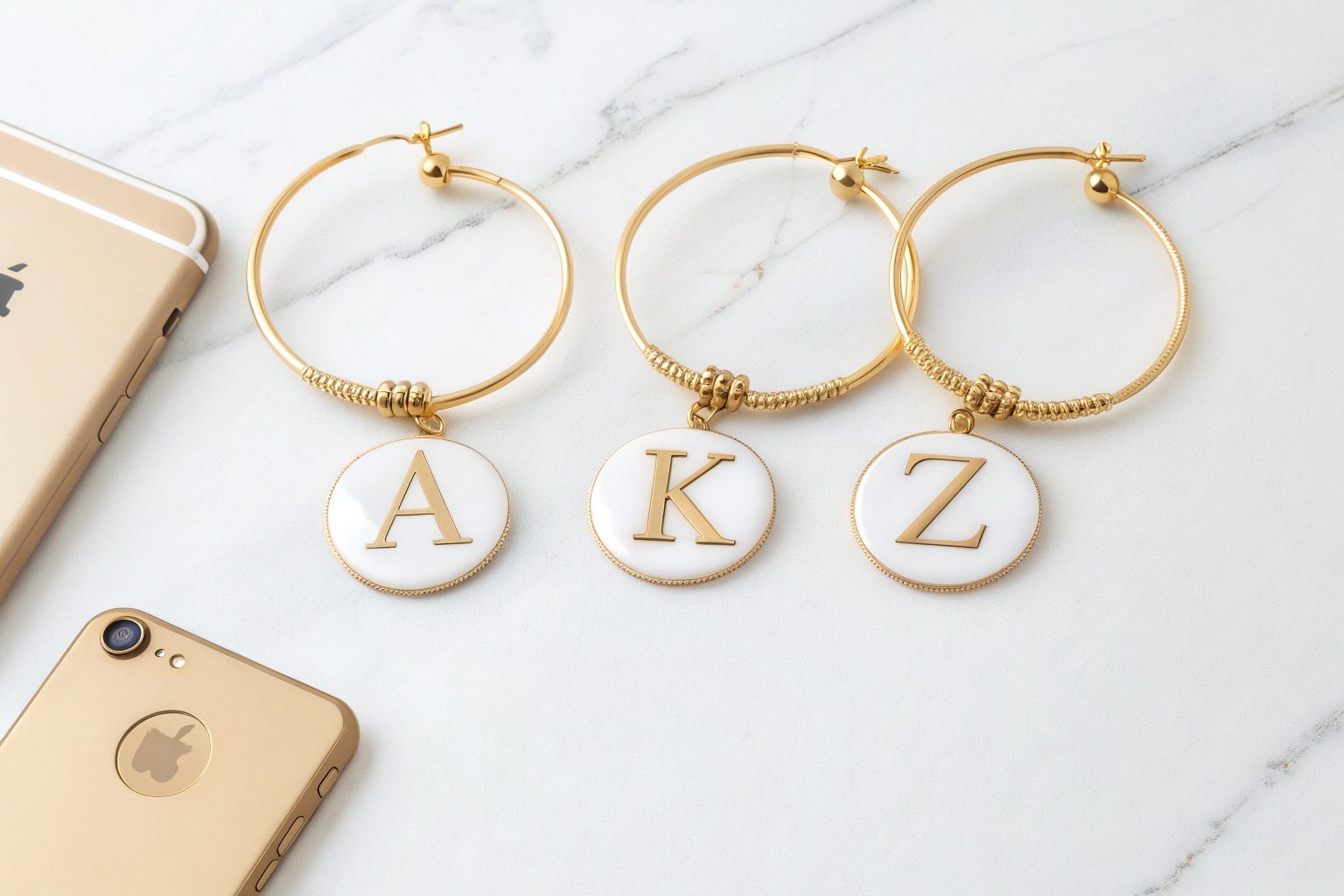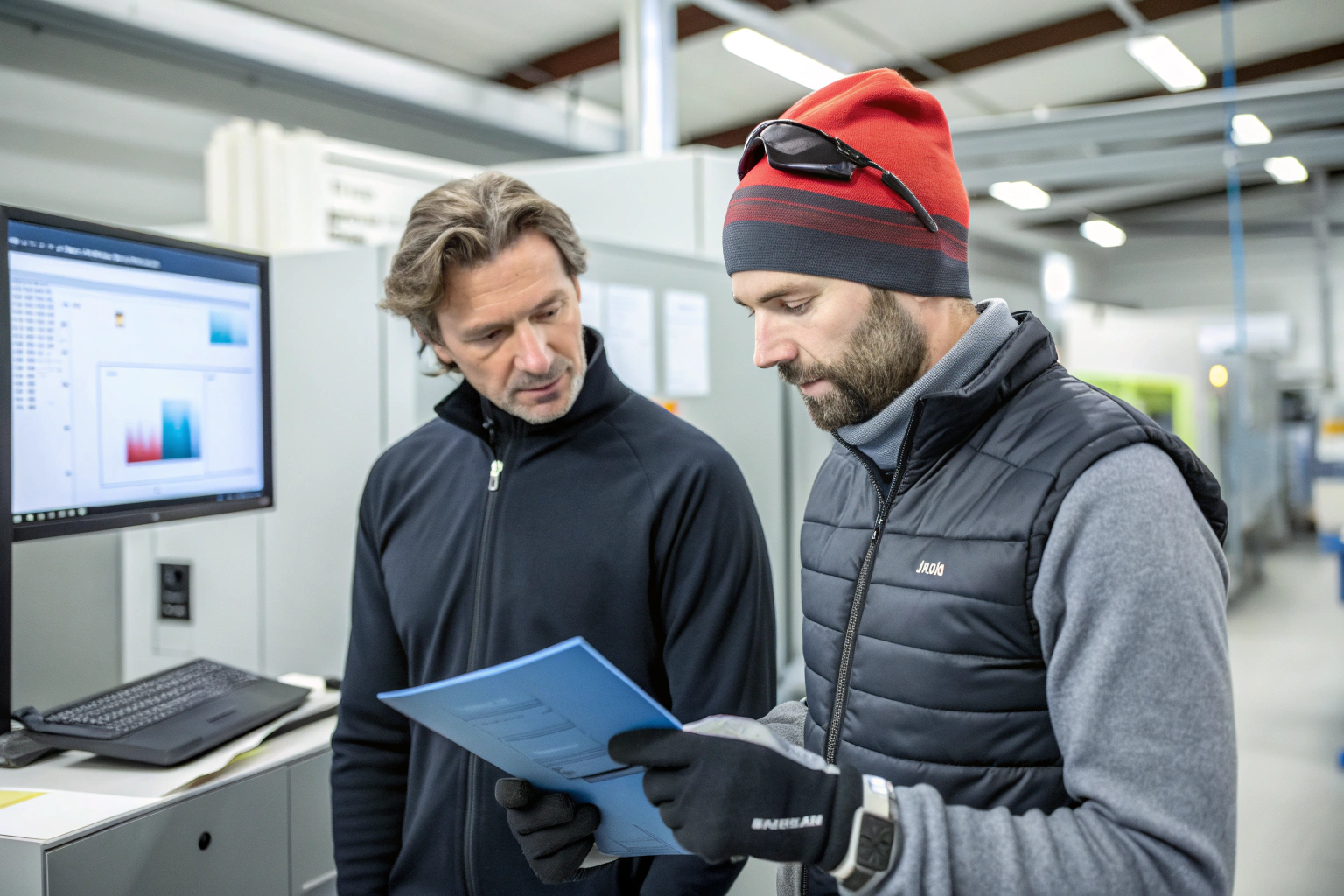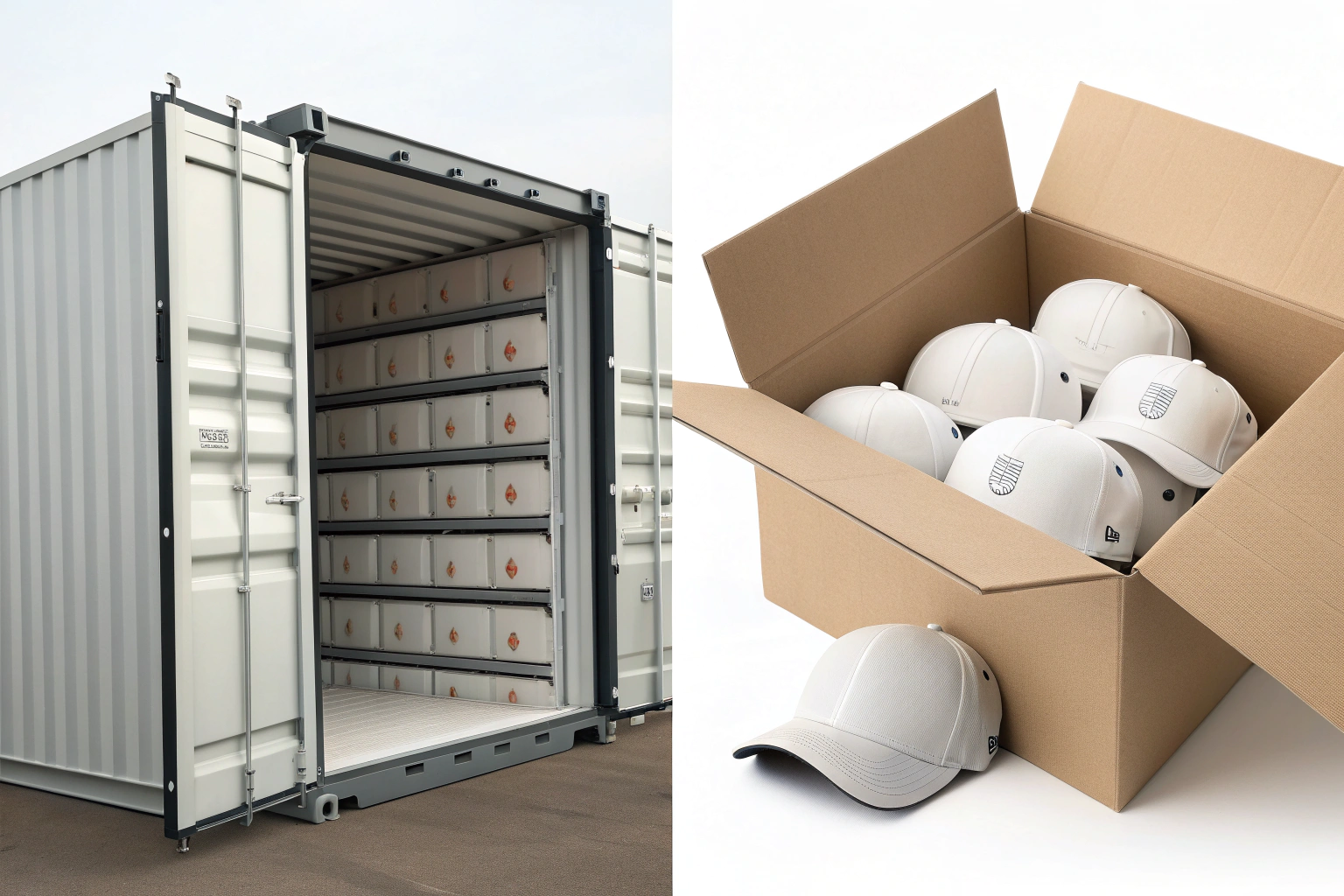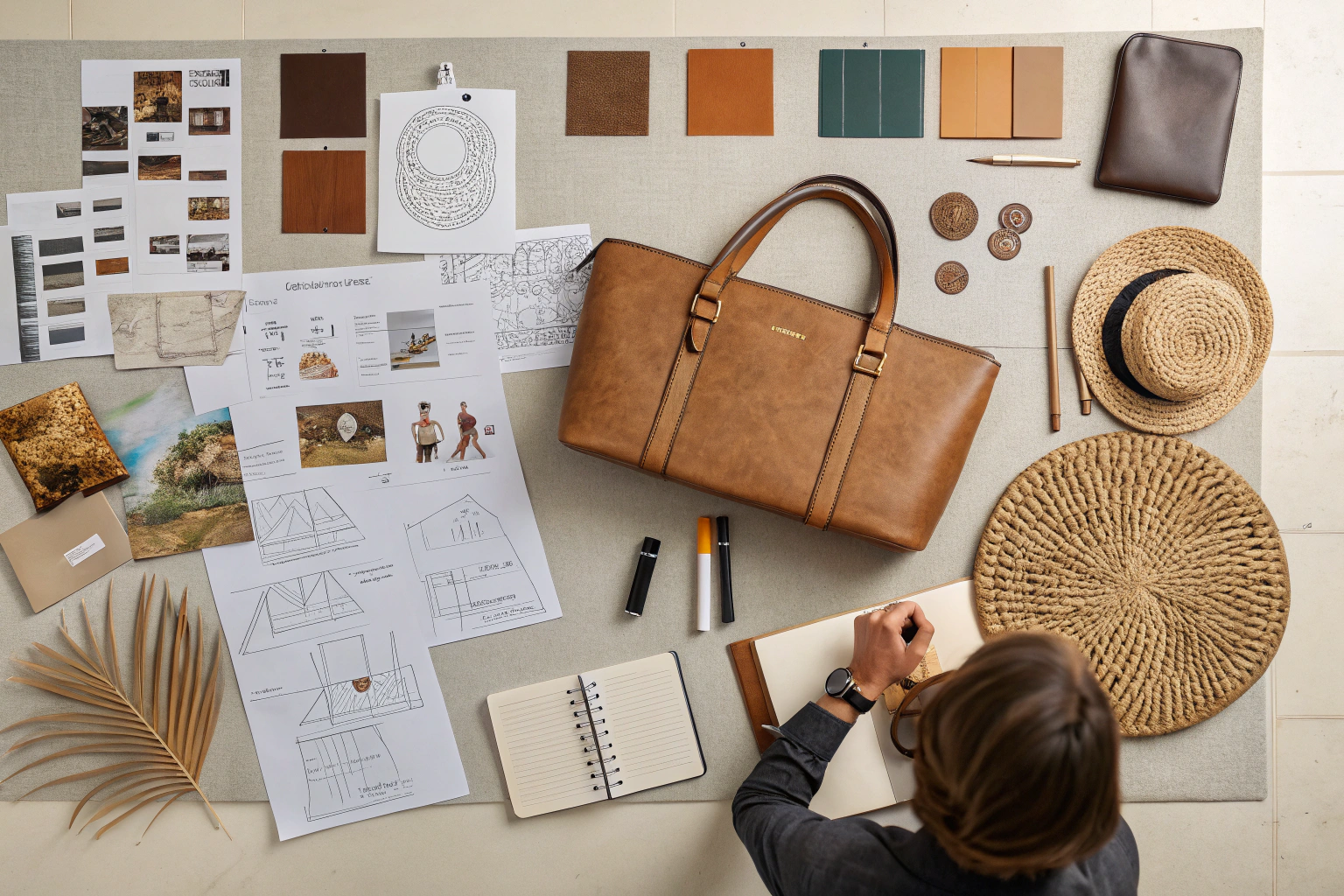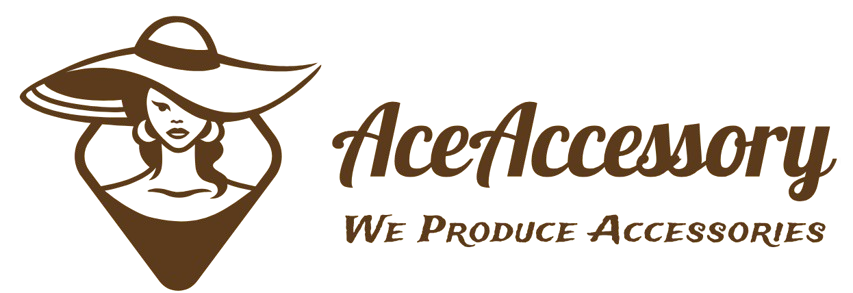If you’re starting or scaling a fashion brand, finding a reliable scarf supplier is one of the most critical steps. Whether you're looking for silk scarves, modal, cotton, or viscose blends, the right supplier can make or break your product quality, margins, and delivery timelines.
To find a scarf supplier, start by exploring trusted B2B platforms, then vet potential manufacturers based on communication, sample quality, and production capabilities.
This guide covers the best places to find suppliers, how to screen them effectively, and how to negotiate MOQs and discounts even as a startup.
Best B2B Platforms for Scarf Suppliers
Finding a scarf supplier online has never been easier—but not all platforms are created equal. Some specialize in mass production, while others support small-batch and custom orders for boutique brands.
The best B2B platforms for scarf suppliers include global marketplaces, industry-specific directories, and niche manufacturer sites with verified sourcing options.
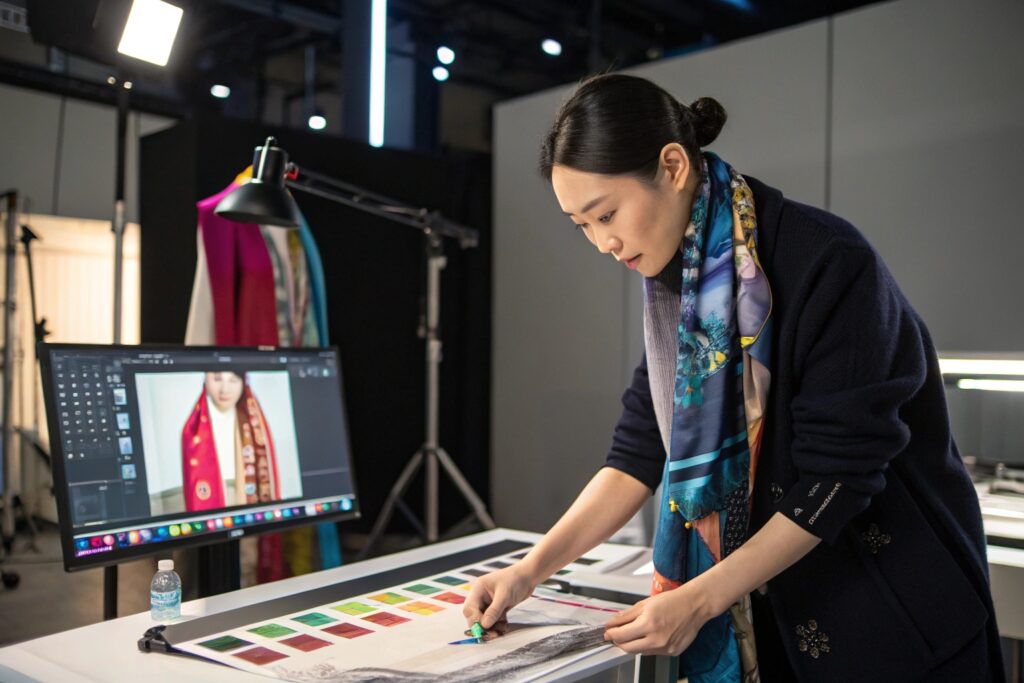
Top Platforms to Explore:
| Platform | Strengths | Ideal For |
|---|---|---|
| Alibaba | Vast supplier network, wide price range | Bulk orders, comparing factories |
| Faire | Boutique-friendly wholesale platform | Small brands looking for ready-stock |
| Fumao Clothing (Direct) | Factory direct, silk specialists | Custom orders, low MOQ, DDP shipping |
| Global Sources | Verified suppliers, deeper B2B focus | Sourcing partners, Asian factories |
| ThomasNet | USA-based B2B directory | Local suppliers, compliance focus |
| IndieSource | Domestic production network | Made in USA, small batch startups |
Tip: Always use filters like "Verified", "Gold Supplier", or “Response Rate” to avoid time-wasters.
If you want full control and brand exclusivity, working directly with a factory like Fumao Clothing will allow for private label service, custom designs, and smaller MOQs.
How to Vet Scarf Manufacturers
Once you find a list of potential suppliers, the next step is to filter out the unreliable ones. A beautiful product listing doesn’t mean good quality or timely shipping. Ask the right questions early to avoid problems later.
To vet scarf suppliers, assess their communication, sample quality, production timelines, certifications, and willingness to provide references or videos.
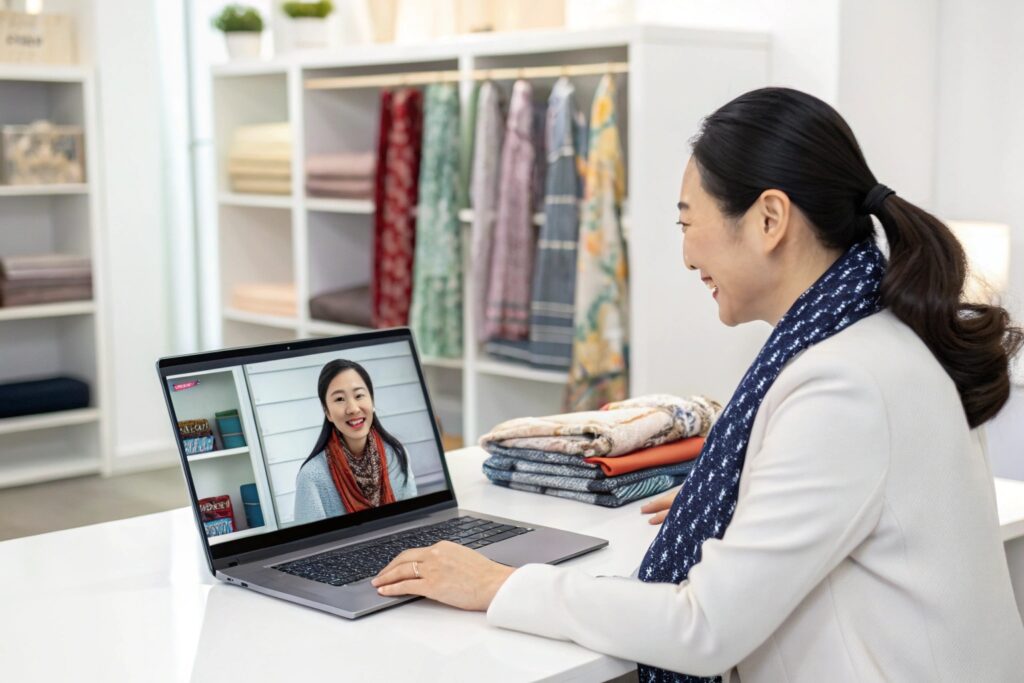
Supplier Vetting Checklist:
| Area | What to Ask or Check |
|---|---|
| Product Quality | Request real samples (check stitching, fabric weight) |
| Response Time | Do they reply within 24 hours with clear info? |
| Production Timeline | Standard lead time (for bulk & reorders)? |
| Certifications | OEKO-TEX®, SEDEX, or relevant safety certifications? |
| References | Ask for client reviews or export history |
| Custom Capability | Can they add your logo, packaging, or custom sizing? |
Red Flags to Avoid:
- Vague answers or template replies
- Pressure to pay before sampling
- No factory photos or videos
- “Too good to be true” pricing
- Poor grammar or inconsistent details
At Fumao, we share real factory photos, sample galleries, and timeline expectations upfront—because transparency builds trust.
Local vs. Overseas Supplier Pros/Cons
Choosing between a local and overseas supplier depends on your brand’s needs—do you prioritize fast delivery or custom design flexibility? Both options have advantages and trade-offs.
Overseas scarf manufacturers often offer lower costs and more customization, while local suppliers offer faster turnaround and easier communication.
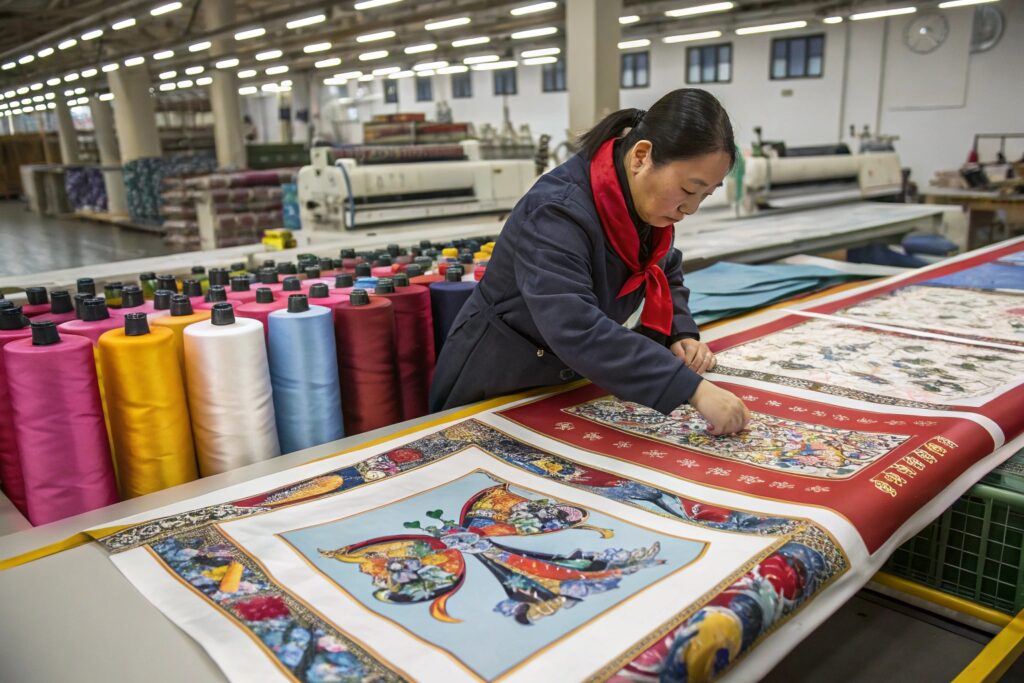
Comparison Table:
| Factor | Local Supplier (e.g., USA/EU) | Overseas Supplier (e.g., China, India) |
|---|---|---|
| Price per Unit | Higher | Lower due to labor/fabric cost |
| MOQs | Often higher (500+) | Can be lower (100–300) with right factory |
| Customization | Limited | Full fabric, print, label options |
| Production Speed | Faster for ready stock | Custom may take 2–4 weeks |
| Communication | Easier (no time zone issues) | Requires patience and clear instructions |
| Shipping Time | 2–7 days | 5–14 days depending on shipping method |
| Branding Control | Medium | High (with private label support) |
Recommendation: If you want full control over materials, labels, and packaging at lower costs, go overseas—but choose a DDP partner like Fumao Clothing to simplify delivery.
Negotiating MOQs & Bulk Discounts
Most startups worry about minimum order quantities (MOQs), but don’t let that stop you from contacting manufacturers. MOQs are flexible—especially if you show long-term potential or combine designs.
To negotiate MOQs, show seriousness, be respectful, offer upfront payment or reorder commitments, and consolidate colorways or sizes.
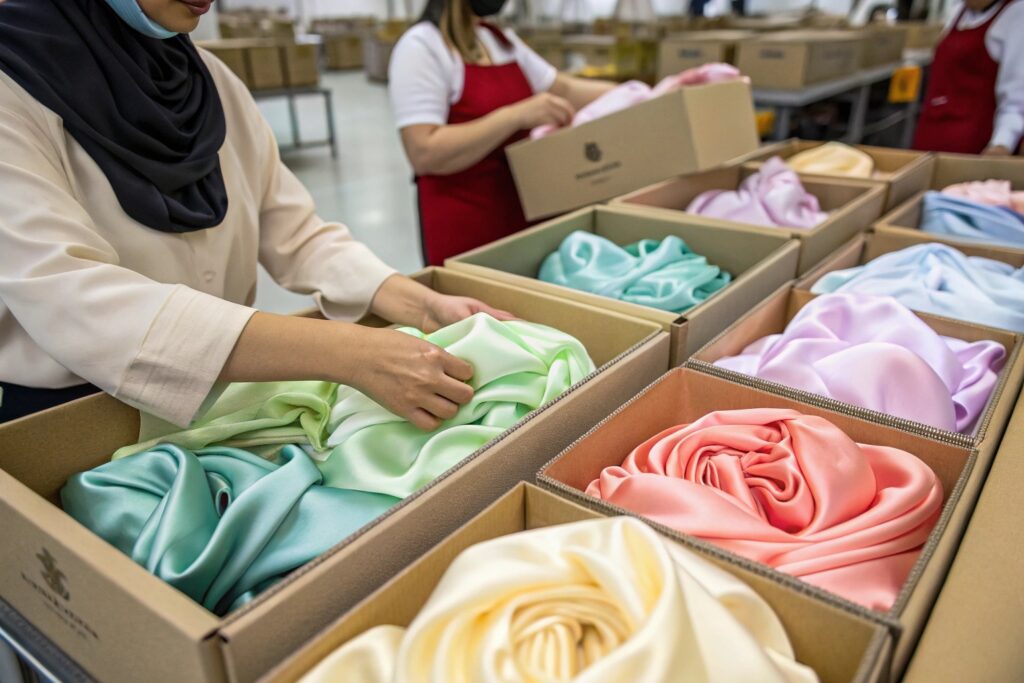
MOQ Negotiation Tips:
| Strategy | Why It Helps |
|---|---|
| Request a Test Order | Ask for 100–150 units to evaluate quality |
| Combine Colors/Styles | 300 pcs total, split into 3 designs/colors |
| Offer Full Payment Upfront | Builds trust, reduces risk for the factory |
| Show Growth Plans | Mention next launch or estimated reorder size |
| Accept Standard Packaging | Helps factory streamline production |
Bulk Discount Strategy:
| Order Size | Discount Expectation |
|---|---|
| 300–500 pcs | 5%–8% off |
| 500–1000 pcs | 10%–15% off |
| 1000+ pcs | Ask for factory direct pricing |
At Fumao, we work with startups and large brands alike. We accept MOQs starting at just 100 pieces and provide tiered discounts as you scale.
Conclusion
Finding a scarf supplier is about more than just price—it’s about finding a partner who can grow with your business. Start by using trusted B2B platforms, vet manufacturers thoroughly, weigh the pros and cons of local vs. overseas sourcing, and negotiate smart. Whether you’re launching your first scarf line or scaling your brand, the right supplier will help you do it with confidence.

